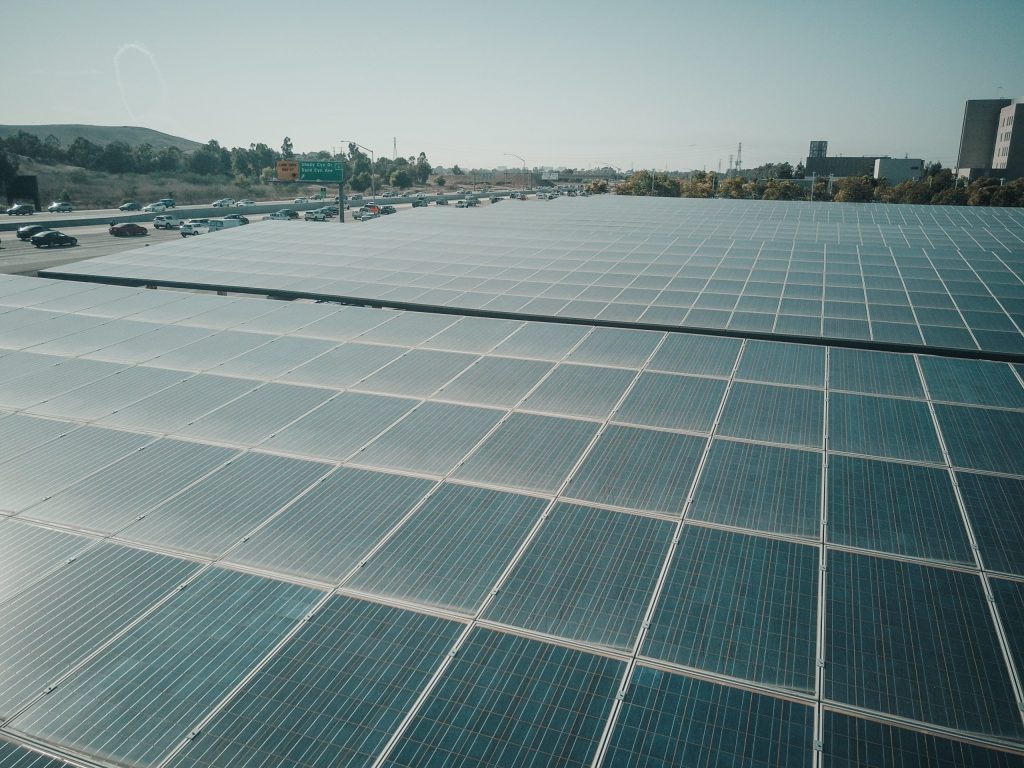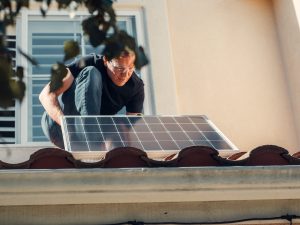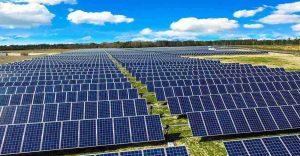Who Invented Solar Panels?

Who Invented Solar Panels?
Who Invented Solar Panels?
Solar panels those sleek energyharnessing marvels that adorn rooftops and power remote installations have a fascinating history rooted in scientific curiosity and technological innovation. Let embark on a journey through time to uncover the brilliant minds behind the invention of solar panels.
Introduction
In a world increasingly turning to renewable energy solar panels have emerged as a powerhouse in harnessing the sun abundant energy. But who can be credited with their invention? The answer lies in a historical exploration of scientific breakthroughs and pioneering minds.
Early Attempts at Harnessing Solar Energy
Long before solar panels adorned our homes early civilizations attempted to harness the power of the sun. From ancient Greeks using mirrors to focus sunlight to early solar ovens these endeavors marked the humble beginnings of solar energy utilization.
The Pioneering Work of Alexandre Edmond Becquerel
The 19thcentury scientist Alexandre Edmond Becquerel played a pivotal role in laying the groundwork for solar technology. Through his experiments with solar energy Becquerel made significant contributions that set the stage for future advancements.
Albert Einstein Contribution to the Understanding of Photoelectric Effect
Fast forward to the 20th century where Albert Einstein theories on the photoelectric effect provided a theoretical framework for understanding how light could be converted into electricity. This laid the theoretical foundation for solar cell technology.
Bell Labs and the Invention of the First Practical Solar Cell
In the 1950s Bell Labs scientists took a giant leap forward by inventing the first practical solar cell. This marked a turning point as it opened the door to the commercialization of solar technology and its applications beyond the laboratory.
Improvements in Solar Cell Efficiency Over Time
Over the decades scientists and engineers have tirelessly worked to improve the efficiency of solar cells. Milestone after milestone has been achieved leading to more costeffective and energyefficient solar panels.
HansJoachim Queisser Limiting Efficiency Theory
Queisser limiting efficiency theory set a theoretical upper limit for the efficiency of solar cells. While a challenging benchmark it provided guidance for researchers striving to push the boundaries of solar panel performance.
ThinFilm Solar Cells and Technological Advancements
The emergence of thinfilm solar cell technology brought about new possibilities in design and application. Ongoing technological advancements continue to shape the landscape of solar panel innovation.
The Role of Photovoltaics in Solar Panel Development
Central to the functioning of solar panels is the science of photovoltaics. Understanding how sunlight is converted into electricity sheds light on the intricate workings of these energyconverting devices.
Current Innovations in Solar Panel Design
Today solar panel design is at the forefront of innovation. From flexible and transparent panels to breakthroughs in materials the quest for efficiency and sustainability propels the field forward.
Environmental Impact of Solar Panels
As we embrace renewable energy sources it crucial to examine the environmental impact of solar panels. From production to disposal understanding their life cycle informs our commitment to a greener future.
Challenges and Future Prospects
While solar panels have come a long way challenges persist. Exploring these challenges and envisioning future prospects is essential for continued advancements in solar technology.
Common Misconceptions about Solar Panel Invention
There are common misconceptions about the invention of solar panels. It important to dispel myths and recognize the collaborative nature of scientific progress acknowledging the collective efforts that brought solar panels to where they are today.
Solar Panels in the Global Energy Landscape
In the context of the global energy landscape solar panels play an increasingly vital role. Their contribution to a sustainable future is undeniable with implications for energy security and environmental preservation.
Final Word
The journey from ancient attempts at harnessing solar energy to the cuttingedge solar panels of today is a testament to human ingenuity and collaborative scientific efforts. As we reflect on the milestones and breakthroughs it becomes clear that the invention of solar panels is a story of persistence innovation and a shared commitment to a cleaner brighter future.
FAQs about Solar Panels
- Are solar panels only for residential use?
- No solar panels have diverse applications including commercial industrial and even space exploration.
- How long do solar panels last?
- Solar panels can last for 25 to 30 years or more with proper maintenance.
- Do solar panels work on cloudy days?
- Yes solar panels can still generate electricity on cloudy days although their efficiency may be reduced.
- What is the environmental impact of manufacturing solar panels?
- While manufacturing has environmental impacts the overall environmental benefit of solar panels throughout their life cycle is substantial.
- Can I install solar panels myself?
- While DIY installation is possible it recommended to hire a professional for optimal performance and safety.







